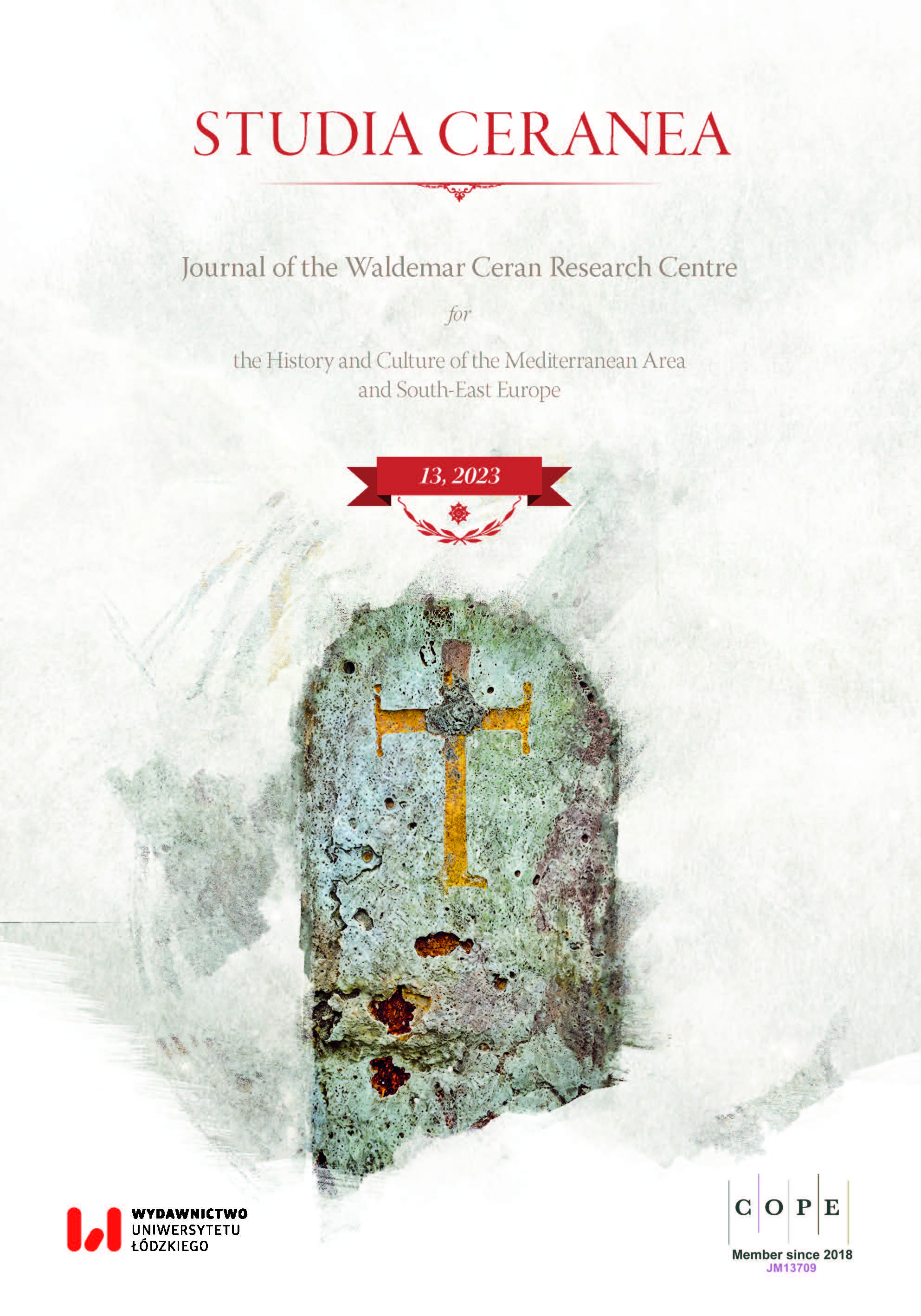Bankers and Usurers in the Early Byzantine Hagiographical Texts
Bankers and Usurers in the Early Byzantine Hagiographical Texts
Author(s): Ireneusz MilewskiSubject(s): Economic history, 6th to 12th Centuries
Published by: Wydawnictwo Uniwersytetu Łódzkiego
Keywords: early Byzantium; early Byzantine hagiography; money; bankers and usurers in early Byzantium
Summary/Abstract: The text discusses accounts from early Byzantine hagiographical texts depicting the activities of bankers and usurers in the period from the early 5th to the second decade of the 7th century. Texts by Palladius of Helenopolis, John of Ephesus, John Moschos, and Leontius of Neapolis are analysed. In the collated material we find relatively little information depicting the activities of bankers and usurers. Neither do we find any further details of the conditions under which money loans were granted. However, we note the statement that the cancellation of a loan, even if forced by circumstances (even if due to the intervention of a holy man), is charitable in nature and the ‘lost’ capital by the creditor in such a case bears the characteristics of a merciful deed. Most of the analysed accounts are presented in a somewhat fanciful way, which, however, should not question the information conveyed by the narrative. Two aspects of the analysed accounts are most significant. Firstly, the absence of any criticism of the Alexandrian Church deriving, even if not high, some profits (interest) from monetary loans. Secondly, in the accounts analysed we note a peculiar narrative, or in fact a new way of reasoning, by means of which the authors wanted to reach their audience, the potential benefactors. Thus, we become acquainted with somewhat naïve tales of how the benefits of granting a non-refundable loan to the needy, not only to the poor but also to merchants who traded on the high seas (?) would quite quickly return to the merciful benefactor, in a tangible material benefit, while he was still alive. We do not find such an argument in the patristic texts of the 4th and 5th centuries, where accounts of this kind merely refer to a prediction or even a guarantee of ‘heavenly interest’ that could tip the scales in favour of the merciful donor (creditor) at the Last Judgement.
- Issue Year: 2023
- Issue No: 13
- Page Range: 587-598
- Page Count: 12
- Language: English

